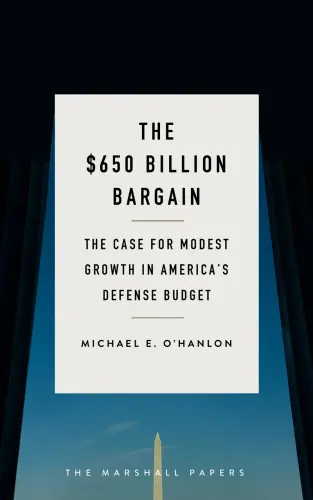In the June 28 Wall Street Journal, I lay out an argument against the creation of a possible space force, as President Trump has proposed. A space force would be the fifth military service within the Department of Defense and the sixth overall, counting the Coast Guard. My argument is based on the following main points:
- First of all, the mere fact that space is a distinct geographic and operating domain is not itself conclusive. We don’t have a separate “submarine force,” for example, even though the undersea parts of the oceans are vast.
- Second, major government reorganizations rarely provide panaceas—and do not even guarantee good outcomes. Cases in point are the Department of Homeland Security and the Office of the Director of National Intelligence. Moreover, we already tried separating space out as its own combatant command, and then thought better of the idea in 2002 and merged it with Strategic Command. That experience is suggestive.
- Third, a new space force would likely come mostly out of the U.S. Air Force, which has the preponderance of the responsibilities for space launch and operations in the American military today. Breaking the Air Force into two would result in one entity perhaps about the size of the Marine Corps and another much smaller than that. Are we sure the result would be a stronger voice for space issues?
- Fourth, as the late Carl Builder masterfully argued in his classic book, The Masks of War, the U.S. Air Force has historically been a military service that defines itself largely around the technology it develops and operates. No major change or separate department is needed to create such a culture for space technologies and operations; they have a good home already, mostly in the Air Force.
- Most of all, systems in space are vulnerable, and will likely remain so. Air-breathing assets will have to back up satellites in future wars. In other words, air and space operations will have to be linked closely—just as they are today already. It is not clear how breaking the Air Force into two will achieve that goal more effectively.
Sure, let’s take this proposal seriously. There’s nothing wrong with Mr. Trump teeing up the idea of a space force for analysis and debate. But the weight of initial evidence would seem to tilt fairly strongly against it.




Commentary
Not so fast on a space force
June 29, 2018